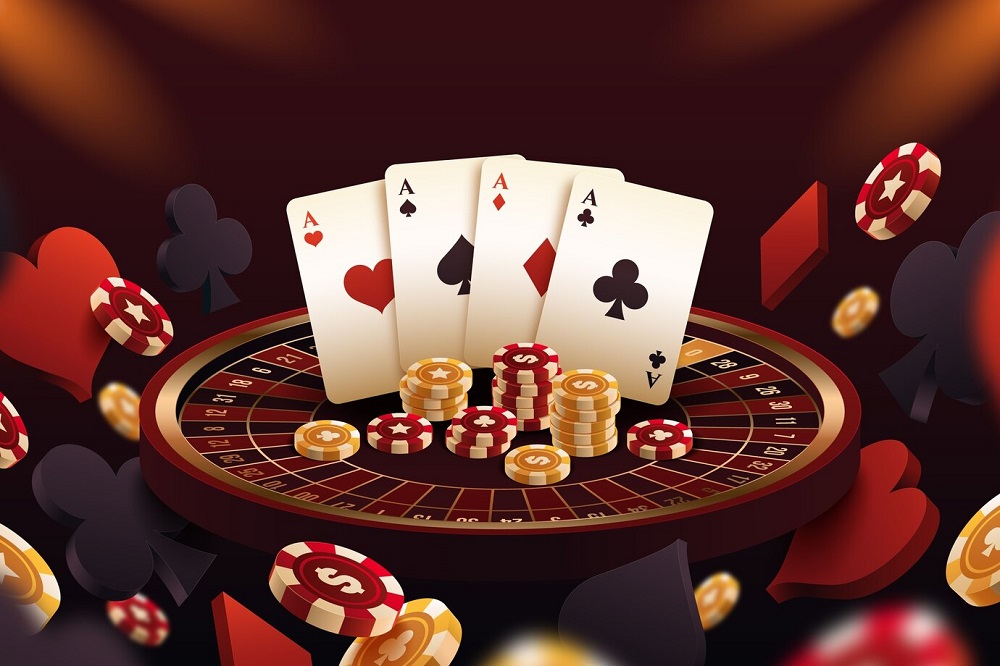Acknowledging the presence of house edge is essential, when entering a casino. It is a statistical advantage that influences the outcome of various games. Each game, such as blackjack and roulette, operates with its own house edge, impacting the strategic decisions and probabilities involved.
Understanding the house edge in different casino games is crucial for developing a more informed approach to gambling. By delving into the intricacies of odds and probabilities, players can gain insights into how the house edge shapes their gaming experiences.
Importance of House Edge in Casinos
Understanding the house edge is essential for casino players as it signifies the advantage the casino holds in games. This factor directly influences the probability of winning or losing money. A higher edge indicates lower chances of winning, whereas a lower house edge offers better odds for players.
House Edge in Blackjack
The house edge in blackjack is a key factor in determining the potential outcomes for players in the casino. Understanding how the house edge influences your chances of winning is crucial when playing this card game. Here are some important points to consider:
-
Basic Strategy: Employing the correct basic strategy can help reduce the house edge to approximately 0.5%, increasing the likelihood of better results for players.
-
Variations: Different blackjack variations come with varying house edges. It’s wise to select games carefully, as this can have a significant impact on your overall success.
-
Rules: Paying attention to the specific rules of the blackjack table is essential. Factors such as the payout for blackjack and the number of decks used can significantly influence the house edge, affecting your gameplay and potential winnings.
Understanding Roulette House Edge
In the game of roulette, the house edge is a critical factor that influences the potential outcomes for players. It varies depending on the type of roulette being played, with American roulette having a higher edge due to the presence of the double zero compared to European roulette, which features only a single zero. Typically ranging between 2.7% and 5.26%, the house edge in roulette is influenced by the specific type of bet placed by the player.
Understanding the implications of the house edge in roulette is important for making informed decisions when placing bets, as it directly impacts the odds of winning and the overall gaming experience.
Impact of House Edge in Slots
Slots, a popular casino game, typically feature a higher house edge compared to other casino games. This means that the casino has a statistical advantage over players in the long run.
This higher value in slots often translates to longer playing sessions before players may achieve a significant win. Additionally, it can impact results in varying payout sizes, leading to unpredictable outcomes for players.
Understanding the house edge in slots is essential for players to set realistic expectations and approach the game responsibly.
Strategies to Counter House Edge
To counter the house edge in casino games, players can employ several strategies. One effective approach is to choose games with lower house edges, such as blackjack or baccarat, over games like keno or slots. This decision can potentially increase the chances of winning in the long run.
Another strategy involves utilizing betting systems like the Martingale or Paroli strategies. These systems are designed to help players manage their bets in a way that minimizes losses and maximizes potential winnings. While these strategies can be helpful, it’s important to remember that they don’t guarantee success and should be used cautiously.
Taking advantage of bonuses and promotions offered by casinos can also provide players with an edge. These incentives can increase the overall value of gameplay and potentially improve the odds of winning. However, it’s essential to read the terms and conditions associated with bonuses to understand their impact on gameplay.
Setting limits on gameplay, managing one’s bankroll effectively, and knowing when to stop playing are crucial aspects of countering the house edge. By practicing responsible gambling habits and being mindful of one’s financial limits, players can mitigate the impact of the house edge and enhance their chances of success in casino games.
Conclusion
Understanding the house edge in various casino games is crucial for making informed decisions while playing. Basic strategy in blackjack can help minimize the influence it has, while being mindful of the type of roulette wheel can impact your odds. It’s important to note that slots typically have a higher house edge compared to other games. By employing sound strategies and making wise choices, you can improve your chances of success and enhance your overall gaming experience. Best of luck at the tables!

